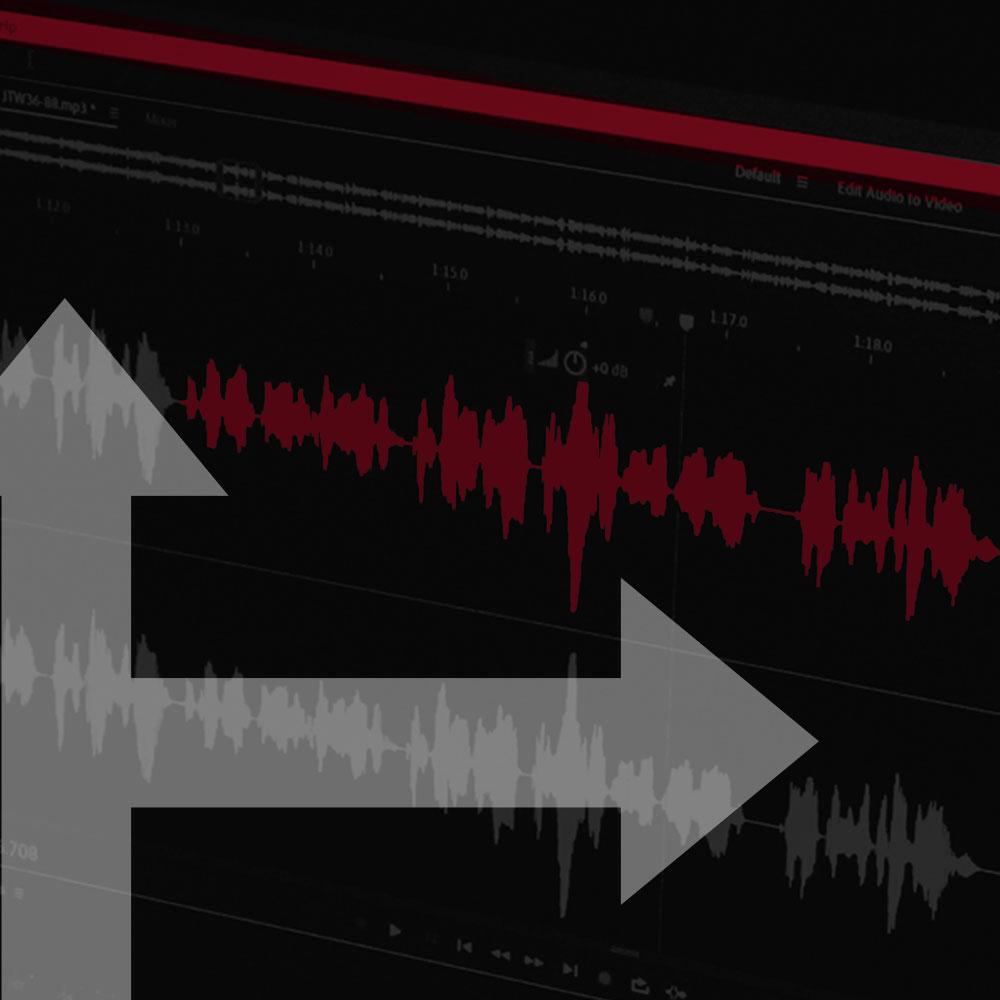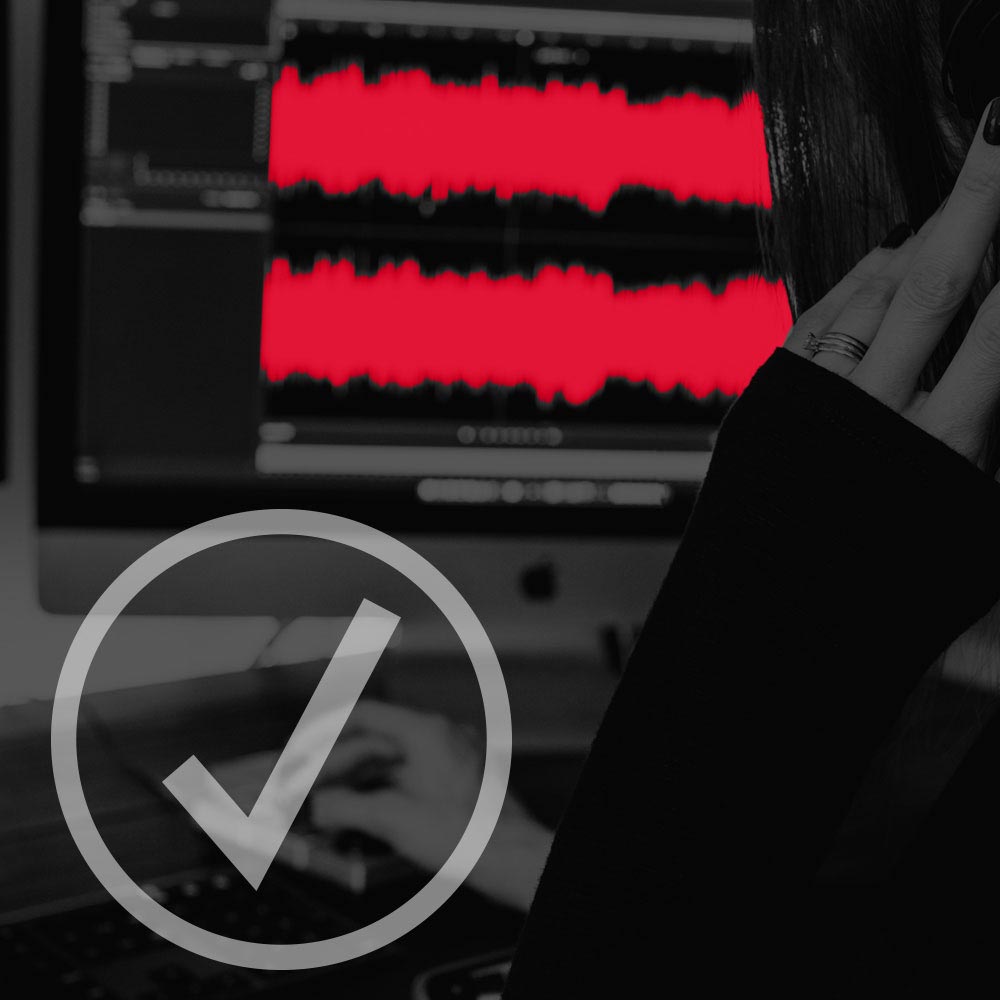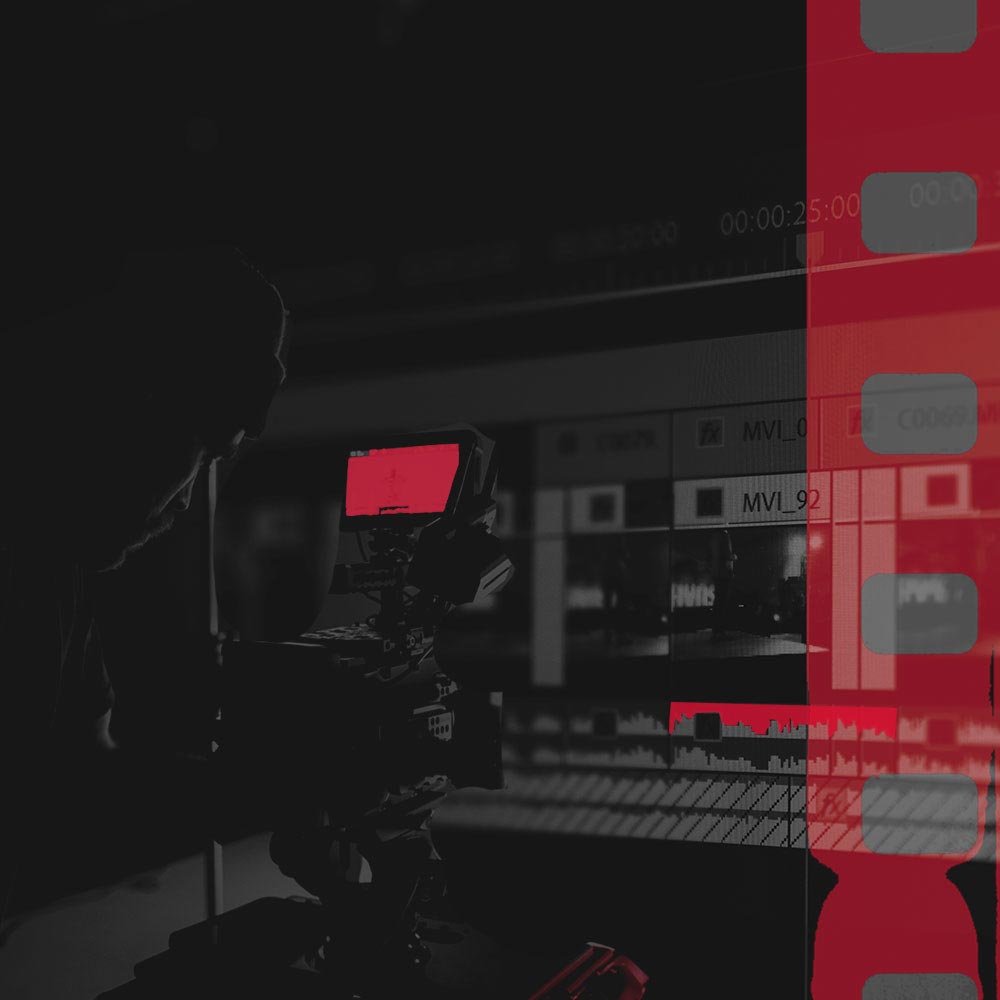Music is an inscrutable part of everyday existence. Whether you’re streaming the latest releases, enjoying your favorite podcast, or catching it in the background of television shows and movies, it is part of our everyday lives. Music is such an integral part of our lives that you encounter it in places where we are barely conscious of it: while we shop in a store, while we dine at a restaurant, while we wait in line at the mechanic. Music is literally everywhere. Businesses use it to create an environment that helps their consumers feel comfortable and welcome.
So how can you select the right music for your business and brand? There are a lot of details to consider. Aesthetics play a large part, as in matching the style and tone of the music to that of your brand. Intuitively you probably have a good idea of what music exemplifies your brand, but the specific details require a lot of thought and careful examination of the pros and cons. We’ll talk you through a few critical points to ponder before committing to a specific music provider, or picking a specific genre. Because music has a powerful relationship to the emotions and responses of potential customers, making the right decision is important.
The Modern Business Model and its Struggles
Understanding the right music means understanding the way that music impacts businesses and brands. Business models have changed considerably in the last 20 years. The widespread use of the internet has changed the way that consumers shop, communicate, and entertain themselves. The success of companies like Amazon show that the convenience of online experiences represents a seismic shift in the way that things are bought and sold. However, many people claim to prefer brick-and-mortar stores when they are shopping, and that is largely based on the shopping experience itself.
Consumers want their in-person shopping experience to be tailored to their needs, and cater to their personal preferences. Choosing the right music in a shop or restaurant can help create that sense of belonging and pleasure that takes a window-shopper and makes them a customer.
The right selection expands beyond simply the background music playing in a store, however. A central aspect to creating brand awareness is finding the music for the background, or “bed” for radio, television, and internet advertisements. Selecting unique, curated sound content not only will tie into each customer’s experience with your brand, but will also help to make it instantly recognizable in a way that influencer and spokesperson content cannot.
How Music Choices Affect Your Brand
Sometimes it is hard for a potential customer to understand the vision behind a business. Having a clear understanding of both your product and your customer, then finding the music that connects the two is the most important consideration in music choice. The right music can influence customer interactions and drive sales.
There are some basic concepts to understand when selecting music as part of your brand. Tempo is one of the first things to consider. Slower music tends to be more calming and soothing, while faster music can often feel exciting and energizing. Think about how you want your customer to feel when they are examining your product. If you are selling motorcycles, or adventure packages, high-speed music might help to capture the excitement of your product. If you are selling spa services, you want something more tranquil and relaxing. The better your music matches your product, the more visceral the connection will be for your potential customers.
What Defines Successful Music Selection?
Once you have decided on a style, genre, and tempo that matches your product with your customer, it is time to find a music provider with content that helps you create the sort of curated experience your consumers will crave. Selecting the right vendor is important – there are a lot of laws governing the use of music. Music licensing and intellectual property law protect the rights of the composers of the music you would use in your business. You cannot simply play a series of tracks from your own playlist, as doing so without securing the rights could lead to potential legal trouble.
Using a professional licensed music provider will help you in a variety of ways. First and foremost, companies like Level 77 have already created professional production music in every imaginable style and genre, and secured the rights for them in advance. Having a vendor like that in your pocket helps you sidestep the potential legal entanglements associated with the use of music in a professional setting. Additionally, your original vision for your brand’s music might change, you will need a music provider that can quickly make that change without incurring additional costs or expensive delays.
Another important consideration is ease of access. Securing the rights to pop music can be difficult, and the process frequently takes years. You and your business do not want to spend the time to wait, or the legal fees to compensate a lawyer who is obtaining those rights. Pop music is especially difficult since multiple entities often own rights to the songs, requiring even greater coordination. A production music company can normally help you select from thousands of songs in any genre with just a few clicks, and at a fraction of the cost.
Overwhelmed? Let Level 77 Help!
There are a lot of things to consider when you are selecting the perfect music for your brand, and the process can be overwhelming. Contact Level 77, and let the courteous and well-trained professionals on our staff help walk you through the process of selecting and securing the perfect music. You will find the costs significantly lower than other production music companies, with a no-hassle billing process. More importantly, our knowledgeable salespeople can help provide you with the data and concepts behind selecting the perfect music, using their decades of experience to curate the perfect music for your brand.



